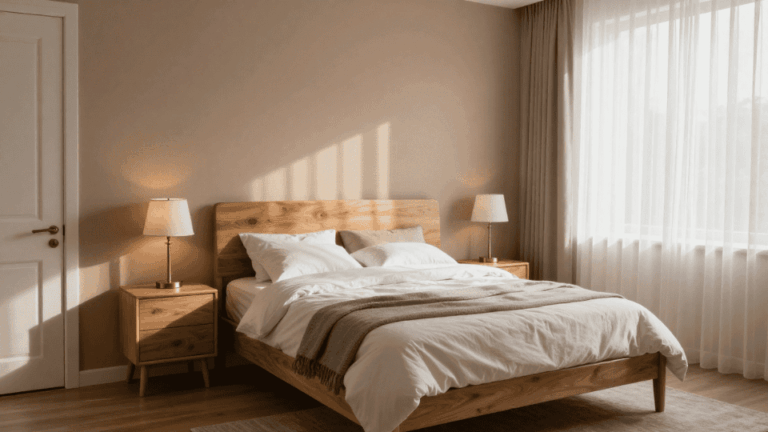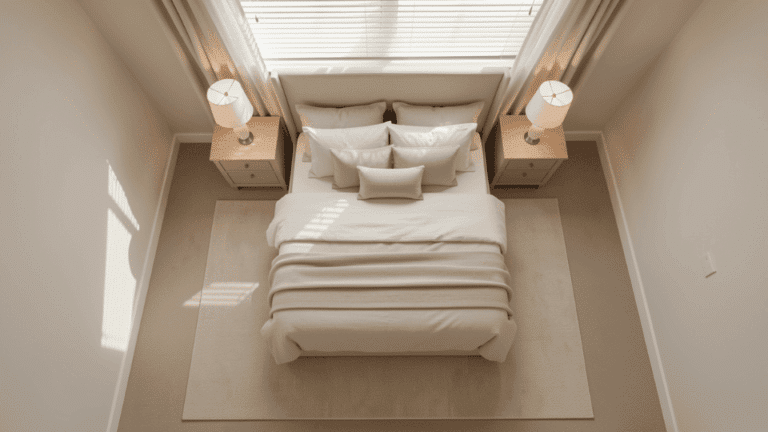As summers grow harsher, the demand for air conditioning rises sharply. While ACs assure comfort, they also result in hefty electricity bills.
Most people are unaware that their AC remote controls the cooling efficiency and energy consumption. Slight differences in settings may help reduce costs.
Here are some helpful AC remote hacks worth considering.
1. Right Temperature Setting
While this button is the most used, it is also the most misused. Typically, people set their AC temperatures at the extreme low levels. They believe it will cool the room fast. It doesn’t work like that.
When you use your AC remote to set the temperature to the lowest setting, the compressor works harder, consuming more electricity.
- Ideal temperature range: Between 24 °C and 26 °C
- Below 22°C: Unnecessary energy drain. Possibility of overcooling.
By operating the AC within this range, you reduce power consumption.
2. Power or Eco Mode
Many modern-day AC remotes feature Eco Mode. It is the Power Saving Mode. When activated, it adjusts the compressor cycles to maintain a steady temperature. It prevents unnecessary overcooling, reducing energy usage.
This mode:
- Reduces compressor load
- Maintains consistent comfort with light variation
- Is suitable for night use when the body requires less cooling
Using this function can help save a large chunk of your monthly energy bill.
3. Set Fan Speeds
Fan-speed settings are generally ignored. However, they can significantly affect cooling distribution.
- A high-speed fan will circulate air quickly. It helps with initial cooling.
- Medium or low-speed fans maintain the temperature while saving energy
Instead of keeping the fan on high all day, keep it on high for the initial 15-20 minutes and then switch to low.
4. Use Swing Control
The swing feature changes the wind direction. It enables the cool air to disperse uniformly around the room.
- Vertical swing: Gives wide coverage.
- Horizontal swing: Good for smaller rooms or when sitting in one position.
`
Ensuring that the AC is circulating the air evenly will eliminate the chill spots around the AC and maintain comfort.
5. Timer for Smarter Use
Many forget to turn off the AC after they fall asleep. It results in unnecessary energy loss. You may overcome the problem by setting the timer.
- Sleep timer: Shuts the AC after a fixed number of hours.
- Daily Timer: Presets cooling during specific hours. Suitable for homes or offices with fixed routines.
For instance: Set your AC timer to turn off two to three hours after you go to bed. It will make your room cool enough for a comfortable sleep.
6. Night or Sleep Mode
Unlike the timer, the Sleep Mode tweaks the temperature by slight increments throughout the night. It:
- Prevents cooling as the outside temperature drops
- Keeps comfortable with minimum energy consumption
- Reduces the likelihood of waking up feeling cold
It is suitable for humid areas where the nighttime temperatures drop unexpectedly.
7. Avoid Repeatedly Switching It On and Off
Some users frequently turn off the AC, believing it will save more energy. However, it is the opposite. Restarting the compressor consumes more energy.
To prevent this:
- Set a comfortable temperature
- Let the AC cycle operate naturally
- Use Timer or Sleep Mode over manual switching
This ensures your AC works smoothly and prevents an electricity spike.
8. Combine Remote Hacks with Room Habits
While the remote settings give you the AC control, their effects multiply when combined with some room habits:
- Keep the curtains or blinds closed during peak sun hours
- Cover any gaps found around windows and doors that allow air to leak in/out
- Run the ceiling fan on the lowest setting. This will help with air circulation.
These measures enable the AC to cool more quickly and maintain its temperature for a longer period.
Now that you are aware of a few important hacks, follow them to keep your room cooler and save energy.
















